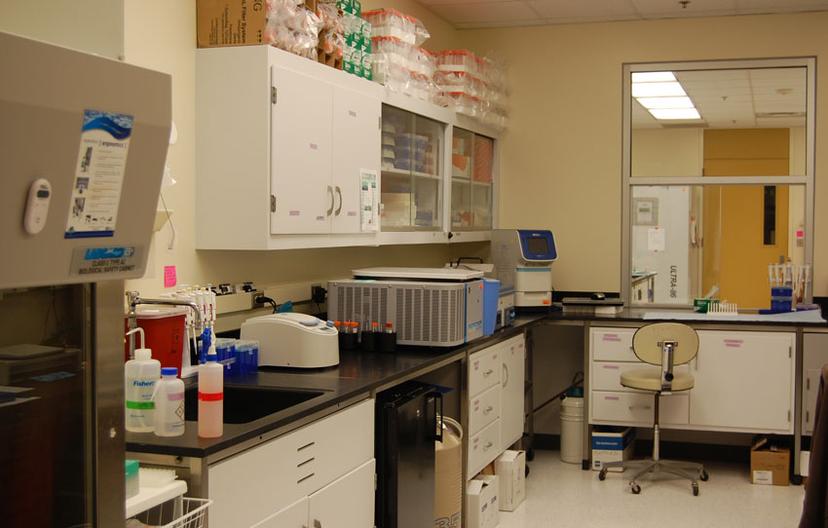New Centrifuge Technology Streamlines In Vitro Studies at University of Florida College of Veterinary Medicine
Learn about the essential multi-application centrifuge technology helping dermatology research
23 Jun 2016

The Comparative Dermatology Laboratory, Small Animal Clinical Sciences at UF College of Veterinary Medicine
SelectScience® spoke to Kim Ahrens, Scientific Research Manager at the University of Florida College of Veterinary Medicine, to learn how the NuWind Multi-Application Centrifuge from NuAire is helping to improve laboratory workflows.

UF College of Veterinary Medicine aims to advance the health and welfare of animals, humans and the veterinary medical profession through world-class education, innovative research, and state-of-the-art clinical services.
Kim works in the Comparative Dermatology Laboratory of Small Animal Clinical Sciences, under the direction of Professor Rosanna Marsella, DVM. Professor Marsella’s group is focussed on atopic dermatitis and has an association and shared lab space with the College of Medicine at University of Florida.
“Canine atopic dermatitis is a chronic disease that frequently occurs in dogs that results from a defective skin barrier and an immune response that is recognized by an itchy and inflamed skin caused by allergens”, Kim explained. “Our Laboratory seeks to find the root causes of barrier defects and inflammation and also test new drugs and topical therapy to alleviate the itchiness and inflammation.”
The group uses a number of different methods to investigate the disease, “We currently culture keratinocytes from primary skin biopsies, isolate peripheral blood mononuclear cells (PBMCs) for culturing or flow cytometry, extract RNA from cells for RT-PCR, perform immunohistochemistry, western blots and ELISAs.”
As part of this work, the NuAire NuWind Multi-Application Centrifuge is used in the “culture room for isolation of PBMC, either by ficol or whole blood lysis, and passaging of epithelial cells” as well as general laboratory centrifuging.” Kim highlighted the bench top centrifuge’s “capacity for 50 and 15 ml tubes” as well as “quietness, and ability to store multiple programs for a growing lab”, as key features benefitting the laboratory group’s research.
Looking to future research studies, Kim noted that “a quality centrifuge is necessary to continue the work for in vitro studies.”
